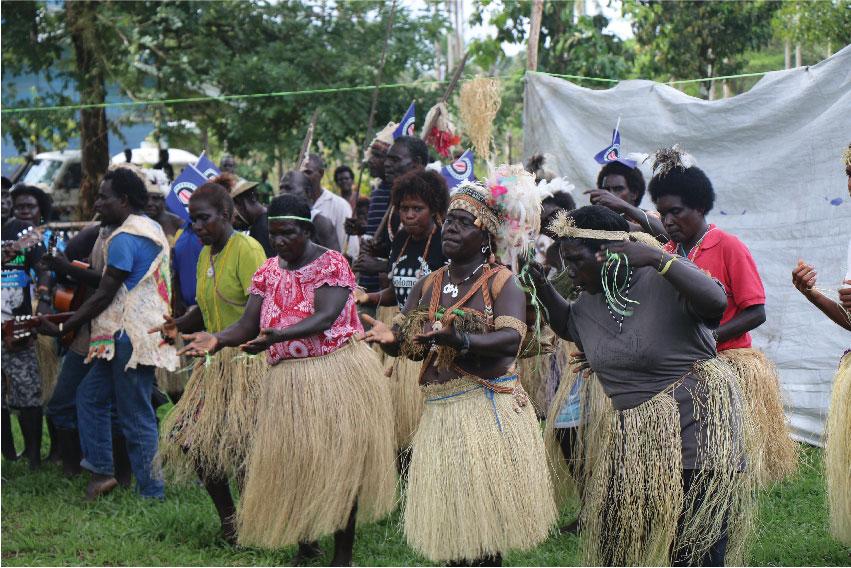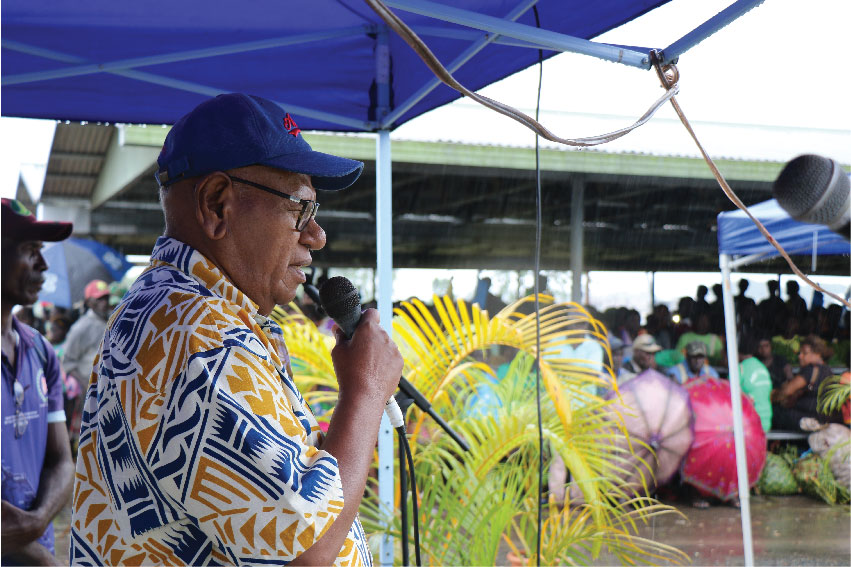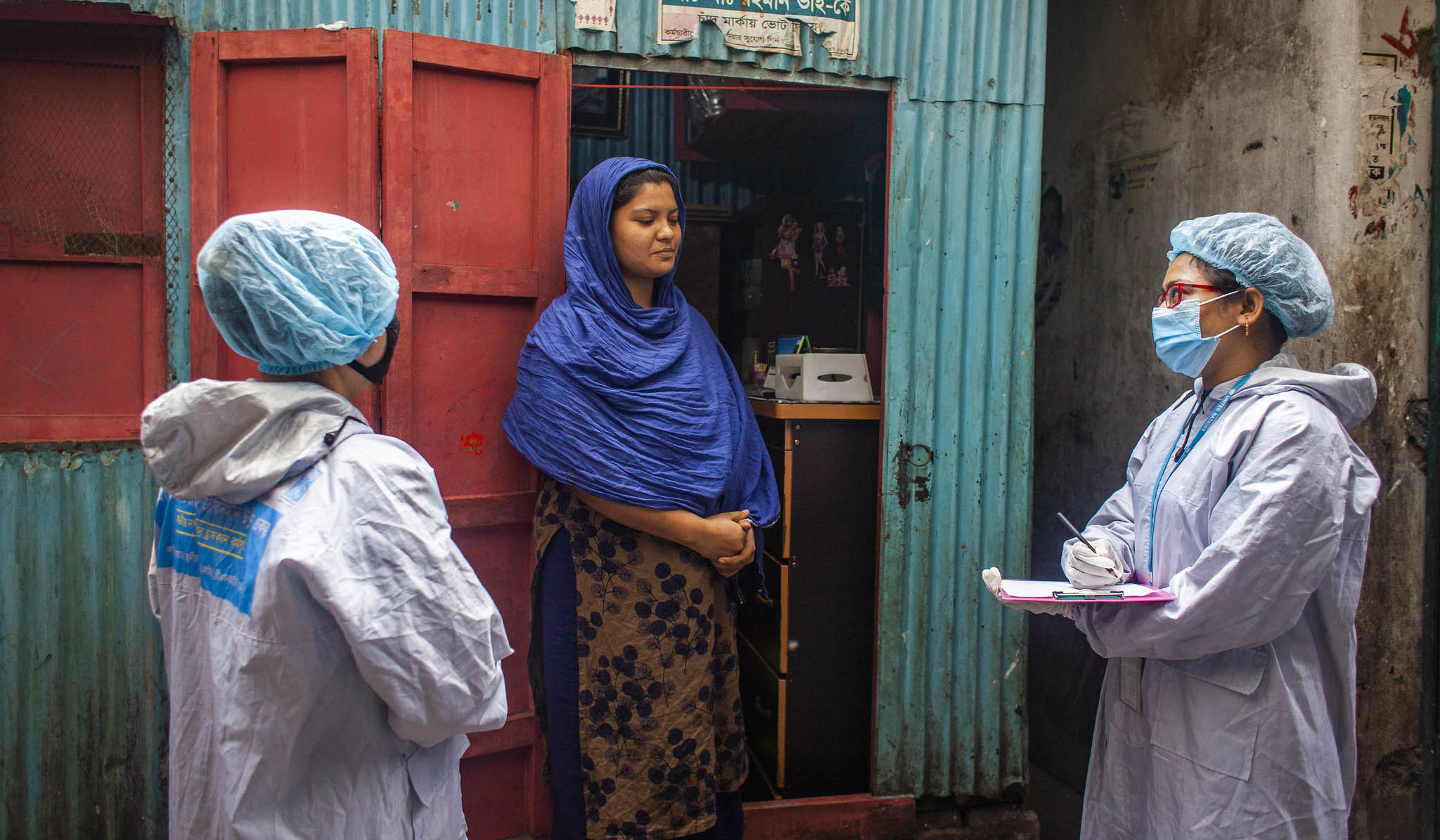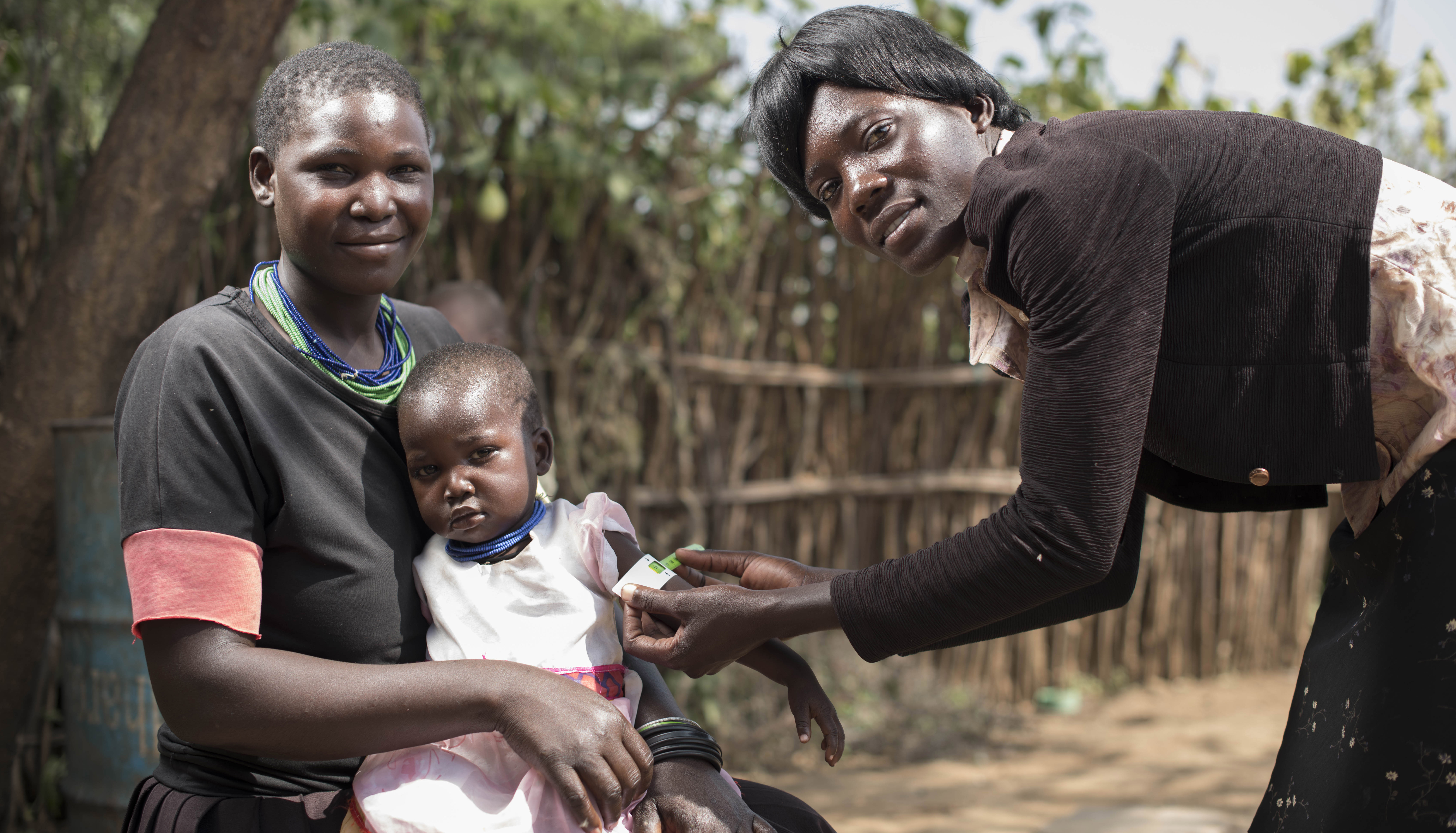Driving an integrated approach to sustaining peace in Papua New Guinea
papuanewguinea1.jpg

The United Nations has provided ongoing support to peace efforts in Papua New Guinea since the national Government and leaders of the autonomous region of Bougainville signed the Bougainville Peace Agreement (BPA) in 2001. The BPA marked the end of a decade-long conflict in which almost 20,000 people died.
The United Nations backed the original peace negotiations and subsequently established two special political missions, the United Nations Observer Mission in Bougainville (UNOMB) and the United Nations Political Office in Bougainville (UNPOB).
The United Nations continues to support the BPA in order to sustain the hard-won peace. It worked alongside the people of Bougainville by supporting the 2019 referendum on greater autonomy for Bougainville within Papua New Guinea or its full independence. The referendum was held between 23 November and 7 December 2019.
The Secretary-General’s reform brought increased coherence to the way the United Nations engages with Member States, including Papua New Guinea. The new Departments of Political and Peacebuilding Affairs (DPPA) and of Peace Operations (DPO), which together form the core of the Peace and Security pillar, provide coordinated support to relevant parties.
In the case of Papua New Guinea, for instance, the Electoral Assistance Division in DPPA provided critical support to the Bougainville Referendum Commission, through capacity building and by helping boost the outreach of information campaigns on the referendum. Meanwhile, at the request and in support of the Resident Coordinator, DPO’s mine action service, UNMAS, helped provide technical advice and capacity building for receiving, registering, storing and disposing of firearms, ammunition and explosives in order to help make Bougainville ready for the referendum.
Equally, the Secretary-General’s Peacebuilding Fund (PBF), administered by DPPA’s Peacebuilding Support Office (PBSO), has helped create an enabling environment for the referendum, working through the UN country team, including UNDP, UN Women, UNFPA and OHCHR and in close coordination with the DPPA Liaison Officer in Buka. A joint awareness roadshow provided an opportunity for over 18,000 people across all 13 districts in Bougainville to ask their leaders questions on the peace agreement and the post-referendum period. In addition to the PBF financing, DPPA provided political analysis and supported the process with high-level visits, a Liaison Officer in Buka, and the work of the Mediation Support Unit in support of Resident Coordinator’s Office.

President John Momis addresses the people in Arawa, in March 2019. Photo: UNDP/Stephen Liston
The Peacebuilding Commission, a Member-State body is also benefiting from enhanced support from PBSO thanks to the reform. In October 2019, it held a meeting on Papua New Guinea, focusing international attention on the referendum and critical post-referendum priorities. Member States held up the coherent, cross-pillar approach of United Nations in its engagement with Papua New Guinea as a potential model for peacebuilding and sustaining peace regionally and globally.
Despite the challenges in Papua New Guinea, the Bougainville referendum was seen by all as a success, thanks first and foremost to the peoples’ determination to sustain peace. The United Nations continues to support the post-referendum consultation process, at the request of the relevant parties. As a result of the reform, the United Nations is now providing such assistance in a more holistic way, offering integrated, politically-driven solutions in order to achieve greater impact in support of national peace efforts.



